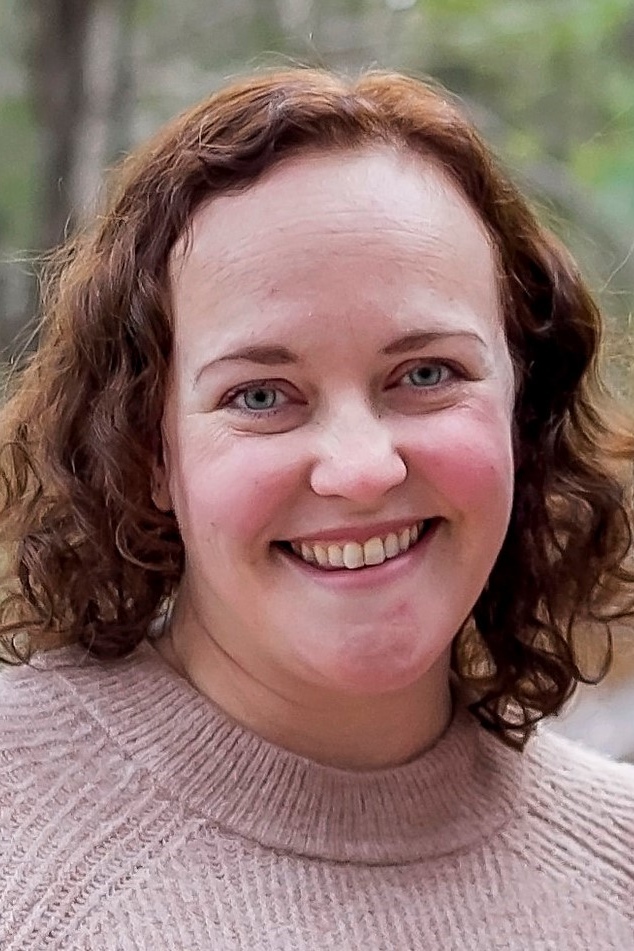Let’s Talk Teaching: Jennifer Passey
Andrew Lyle - 18 October 2021
To Jennifer Passey, one of the most interesting facets of her field is understanding the science behind why people behave the way they do.
A teaching professor in the University of Alberta’s Department of Psychology, Passey shares her fascination with this compelling field of study with students every year through courses on a variety of topics in psychology.
During COVID-19 and the switch to online learning, Passey was one of the instructors leading the charge in finding new ways to adapt her teaching. She created a community of practice with fellow instructors to help share ideas for teaching the next generation of scientists, and her work was recognized with a 2020 COVID-19 Remote Teaching Award.
Hear from Passey on the courses she teaches not only unveil the science behind our actions, but also share skills to help students in their day-to-day lives.
What do you teach?
I teach several courses in psychology, including research methods, interpersonal relationships, social psychology, and the psychology of teaching and learning.
What do you love about your field?
When I was in high school, my favorite subjects were science—chemistry, physics, and biology—and English. I love science and I love stories. I see social psychology as the field that merges these two interests; it uses the scientific method, often in creative ways, to try to understand our social world and explain why people behave the way they do. The science helps us understand the story.
What should students who are interested in this topic know?
Students interested in social psychology—and psychology more generally—should know that what they could learn from these courses goes beyond common sense. In learning about psychology they can learn about themselves and other people, but they can also learn skills to help them become more critical and discerning consumers of scientific information.
Tell me about your passion for teaching. What inspires you?
Learning is hard work, and the skills that are most worth having are those that take a lot of practice—and probably a lot of mistakes and wrong answers along the way. I am most inspired by my students who make earnest attempts to struggle through difficult concepts. They try, and even when they answer something incorrectly or aren't perfect the first time (because no one is) they take the feedback and try again.
How do you cultivate a community of practice with your fellow instructors?
I find the most useful things I've learned about teaching have come from sharing ideas with other teachers, and sometimes borrowing what they are doing successfully and making it my own. To cultivate a community of practice, I started the Psychology Teaching and Learning Brown Bag sessions, and these later turned into the Faculty of Science Teaching and Learning Brown Bags (currently on hiatus). Following the beginning of the pandemic, I found that I really missed being able to go down the hall to visit a colleague, either to run an idea past them or to ask advice about a problem. To try to fulfill my own desire for sharing, I started the Psychology Teaching Chats, which are held through Zoom every other Thursday. During the Teaching Chats we ask each other for advice, learn about new tools and strategies, and try to help each other navigate through different problems. I also organize a small group of faculty and graduate students in the Psychology Teaching and Learning Reading Group.
What is one thing that people would be surprised to know about you?
I took an amazing trip to Italy a few years ago. Unfortunately, I couldn't enjoy any of the amazing wine there because I was four months pregnant.
The Psychology Department is actually housed in both the Faculty and Arts and Faculty of Science, and while I've contributed to science initiatives, teach science students, and collaborate with science colleagues, my position is actually in the Faculty of Arts.
Curious to learn more? Find more information on teaching and learning in the University of Alberta’s Faculty of Science.
